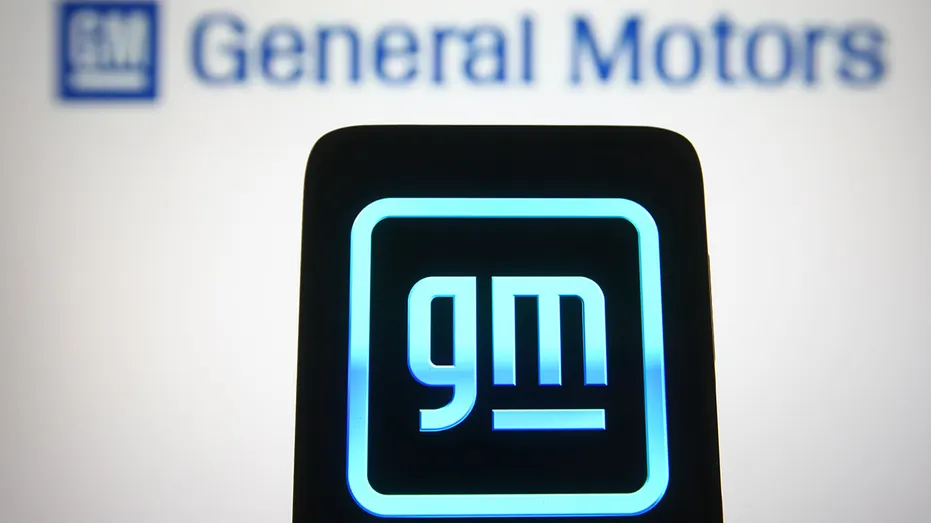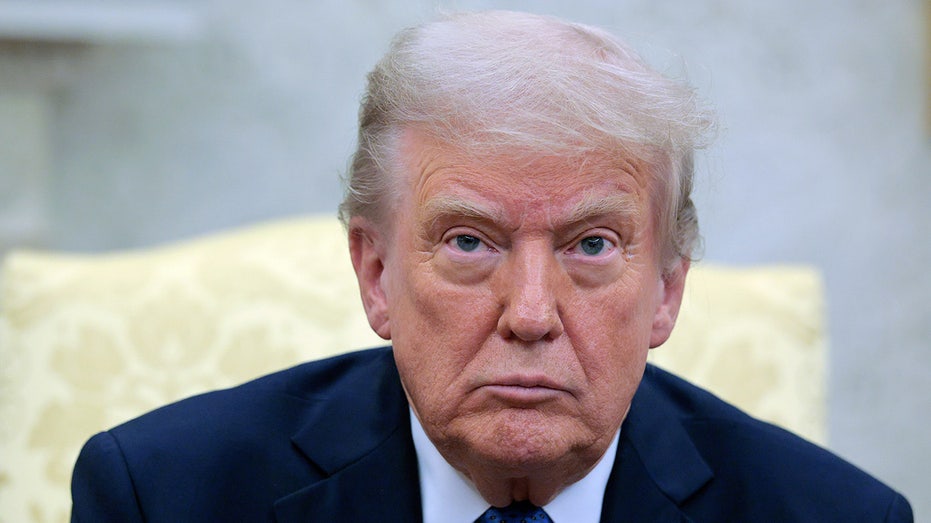Mary Barra, the CEO of General Motors, has expressed her backing for the Trump administration’s automotive tariffs, asserting that they enable American car manufacturers to engage in fairer competition on the global stage.
At The Wall Street Journal’s Future of Everything conference on Wednesday, Barra noted, “For decades now, it has not been a level playing field for U.S. automakers globally with either tariffs or non-tariff trade barriers.” She emphasized that “tariffs are one tool that the administration can use to level the playing field.”
A federal appeals court allowed President Donald Trump’s tariffs to remain in effect temporarily, which include a 25% tax on all imported automobiles and parts. In light of these tariffs, General Motors is actively enhancing its manufacturing capabilities in North America.
TRUMP TARIFFS FACE LEGAL BATTLE AS FEDERAL APPEALS COURT TEMPORARILY BLOCKS TRADE RULING

Barra reaffirmed the company’s commitment to enhancing domestic manufacturing during an appearance on “The Claman Countdown” Thursday, stating, “We already were on a process to have more resiliency in this country, and we’re just going to continue on that as we move forward.”
GM TO POUR $888M INTO BUILDING NEW V-8 ENGINE IN NEW YORK
Earlier this month, General Motors projected potential losses of up to $5 billion in 2025 due to the tariffs. Nevertheless, Barra mentioned the firm is attempting to utilize its surplus capacity in the U.S., highlighted by an $888 million investment in a New York plant dedicated to developing a next-generation V-8 engine.

Barra described this investment as “the most significant engine investment we’ve made in history,” and elaborated, “We’re investing in this country, and we’re making those decisions as we go.” She acknowledged the evolving nature of vehicle pricing, stating that factors like new features continuously influence market dynamics.
GM CEO BREAKS SILENCE OVER TARIFF PRESSURE AND WHAT IT MEANS FOR YOUR WALLET
In the past five years, driven by the COVID-19 pandemic and a global semiconductor shortage, General Motors has relocated over 25% of its supply chain back to the U.S., with less than 3% of direct parts sourced from China. Recently, the company also ceased the export of certain vehicles from the United States to China.

Looking ahead, Barra stated, “There’s still more deals to do, so we’re waiting for that,” while reiterating the importance of reinforcing North American manufacturing based on the current clarity in the market. However, she refrained from guaranteeing anything regarding future vehicle pricing, indicating that it remains a fluid situation influenced by various factors.
GET Finance Newso BUSINESS ON THE GO BY CLICKING HERE
Barra remarked, “I’m saying it’s a dynamic situation, and we’re going even before the word tariff was something we talked about a lot. We’re going to work to make sure we remain competitive, but I’m very pleased that the strength of our products is driving consumer interest.”


























